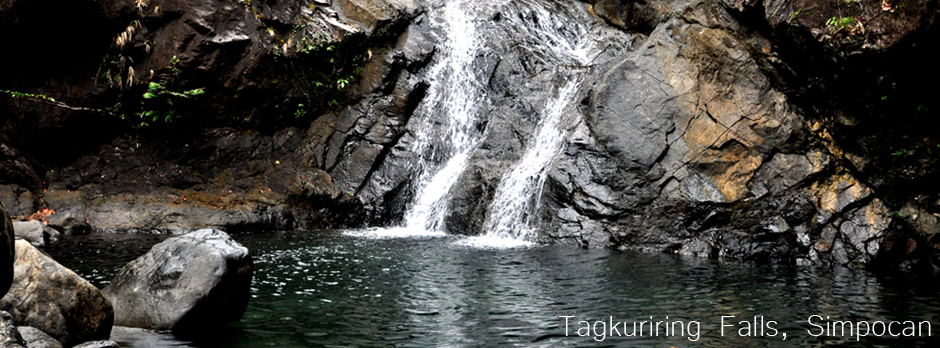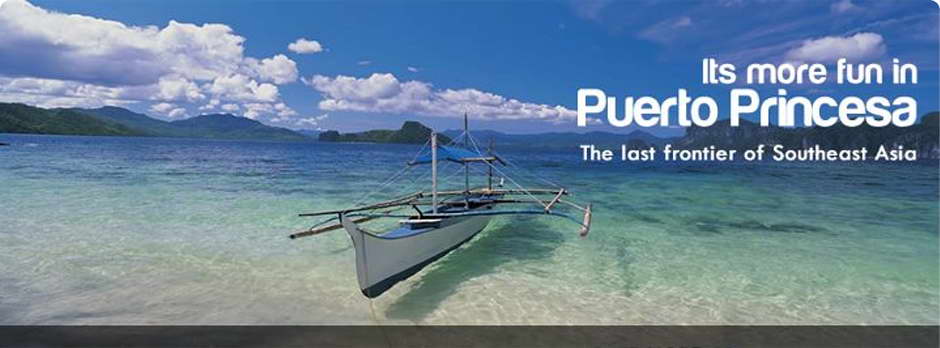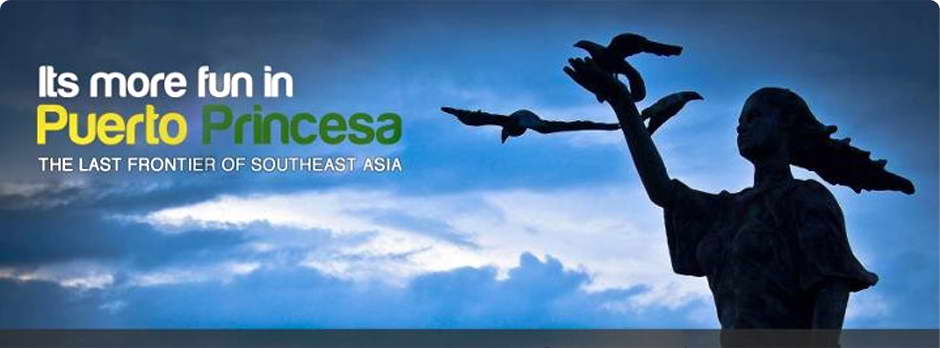CLICK HERE! For Electronic Services and Online Payment

PUERTO PRINCESA - For tourists the Philippine island of Palawan seems like paradise, but for environment activists it feels more akin to a battlefield.
Murders and threats on what is promoted as the Southeast Asian nation's last ecological frontier are emblematic of a struggle across the country, where dozens of environment campaigners have been killed over the past decade.
Father-of-five "Doc" Gerry Ortega became the latest casualty in late January when a hitman shot him in the head while browsing in a second-hand clothes shop along one of the main roads of Palawan's capital city, Puerto Princesa.
"He received a lot of death threats," Ortega's wife, Patty, 48, told AFP in an interview at a cafe just a few hundred metres from where he was killed.
The murdered Ortega, 47, a veterinarian, made many enemies via a daily radio morning show he hosted in which he lambasted politicians whom he accused of being corrupt and allowing the island's natural resources to be pillaged.
"He was a very passionate man, passionate about the environment," his widow said.
On the far western edge of the Philippines' archipelago, Palawan has some of the country's most beautiful beaches, stunning coral reefs and biodiverse forests -- it is home to two UNESCO World Heritage-listed sites.
But environment campaigners say Palawan's natural wonders could be destroyed within a generation amid the frenzy to exploit them, citing as an example the destruction of countless coral reefs from cyanide and dynamite fishing.
Its reefs supply more than half the nation's seafood, plus millions of dollars' worth of fish to other Asian markets.
Palawan also has vast amounts of nickel, cobalt and other valuable minerals, prompting hundreds of applications to mine about half of the island.
The applications have spurred a high-profile campaign to ban all forms of mining.
Meanwhile, 11 percent of the Philippines' remaining virgin forests and 38 percent of its mangroves are on Palawan, according to government data.
"From the post cards it's a great tourist area," Robert Chan, a crusading environmental lawyer and executive director of Palawan NGO Network Inc, told AFP from his rundown headquarters in Puerto Princesa.
"But if you talk about the resources that really mean something for biodiversity or medicines eventually for our future generations, if you talk about its old growth forests, if you talk about mangrove forests, if you talk about its coral reefs, were losing it."
While there are many laws to protect Palawan's natural resources, they are no match for the lawlessness and corruption that permeates all of Philippine society, according to environment campaigners and some politicians.
"The biggest obstacle really is the temptation of money from big industries and (those involved in) illegal activities," Edward Hagedorn, the long-time mayor of Puerto Princesa, told AFP.
Hagedorn, regarded by Palawan's environment activists as one of their most important political allies, has banned mining and logging in Puerto Princesa which, although a city, has huge tracts of forests and white sand beaches.
"Outside the city destruction is happening very fast," he said.
Hagedorn said powerful figures had often tried to bribe him to permit environmentally destructive practices, such as allowing truckloads of seafood that were illegally fished to be flown from his city's airport.
"You'll be surprised. Law enforcers, judges, come into my office (offering money and) asking for me to give them a chance," he said.
Environment campaigners say that, amid this chaos, they have to perform functions that government bodies and law enforcers should be doing, which often pushes them into very dangerous situations.
Attorney Chan, 43, said four environment activists from local communities he had worked with over the past decade had been murdered.
Chan and his colleagues train communities to resist destructive environment practices by filing law suits, but also to confiscate equipment such as chainsaws used for illegal logging and even boats used for illegal fishing.
Under Philippine law, citizens are allowed to seize equipment used in illegal activities and arrest those involved.
Over the past 10 years, Chan said he, his colleagues and the communities they worked with had seized more than 360 chainsaws, two large ships, about 20 small outrigger boats and rifles.
But the successes are tempered by a sense of danger.
Chan, who is married and has a young daughter, recounted losing an activist in 2006 who had been working to oppose illegal logging and the cutting down of mangroves in his community.
"We found him in a shallow grave in a beach. He had been specifically buried there for us to find him," said Chan.
"His testicles were taken off, put into his mouth, his tongue was cut out, his eyes were gouged out, his fingernails were taken out, he had around 16 stab wounds."
Abdelwin Sangkula, another Puerto Princesa-based campaigner, said he had also received many death threats over the past few years.
"I'm worried about my safety and the safety of my family. But I will continue with my fight, said Sangkula, 39, who has three children and was a regular guest on the murdered Ortega's radio show.
"I don't know whether it's just in my blood, but I see injustice and unfairness with what's happening in this province."
Abraham Mitra, the governor of Palawan who is also chairman of the province's sustainable development council, did not respond to requests by AFP for comment on the allegations made by the environment campaigners.
The development council has run full-page advertisements in national papers recently rejecting claims that the local environment is being destroyed, and insisting that mining applications are being approved in a responsible manner.
In the case of Ortega, the accused gunman and four other people alleged to have been involved in the killing have been arrested.
His widow has filed documents with the justice department accusing a powerful local politician of masterminding the murder.
The politician, who has not been arrested, has gone on national television to deny any link to Ortega's killing. Police investigations are ongoing.
By Karl Malakunas, Agence France-Presse
Featured Articles |
USAID/SURGE Project |
































